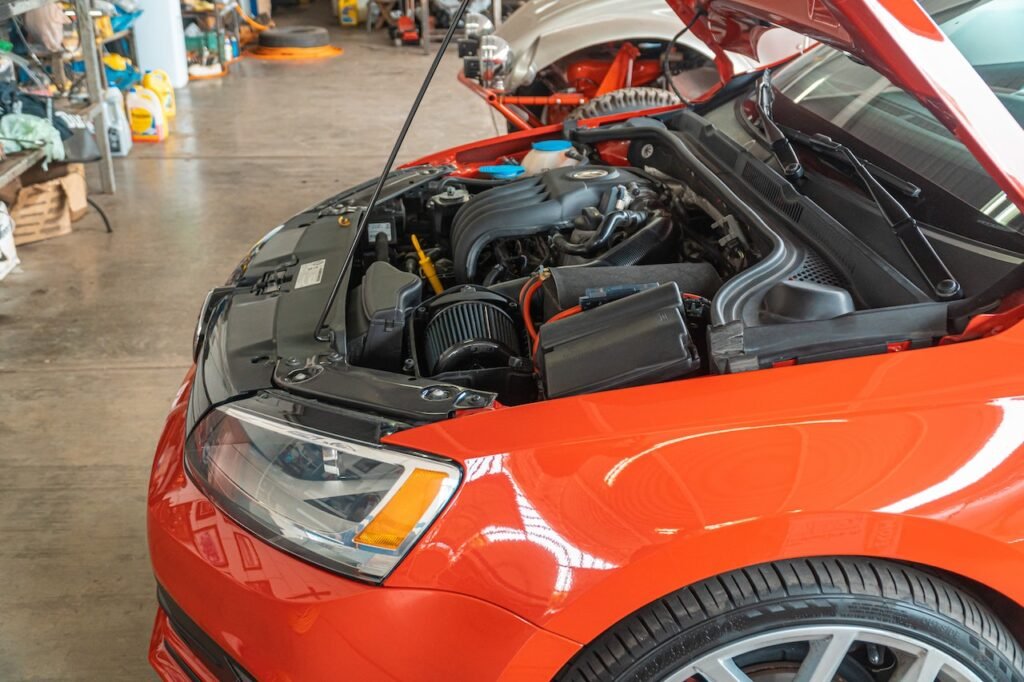How to Get Cheap Car Insurance for High Risk Drivers

There are many factors that affect how much you pay for car insurance. Your driving record, credit history, and the type of car you drive, and where you live are just a few of the things that insurers look at when setting rates. If you’re considered a high risk driver, you may be wondering how to get cheap car insurance.
Here are 15 tips:
1. Shop around –
Different insurers charge different rates for high risk drivers. By shopping around, you can find the company that offers the best rate for your situation.
2. Consider a higher deductible –
A higher deductible means you’ll have to pay more out-of-pocket if you have an accident, but it can also help reduce your premium.
3. Take a driving course –
Some insurers offer discounts for completing a defensive driving or driver’s education course.
4. Get married –
Believe it or not, being married can sometimes help you get cheaper car insurance.
5. Maintain a good credit score –
A good credit score can help you qualify for discounts and lower rates.
6. Buy a safe car –
Cars with safety features like airbags and anti-lock brakes can cost less to insure.
7. Drive less –
If you can, drive fewer miles each year. This will lower the chance of having an accident and help keep your rates down.
8. Bundle your policies –
If you have other insurance policies with the same company, you may be able to get a discount by bundling them together.
9. Pay your bills on time –
Paying your bills on time can help you build a good payment history, which can lead to lower rates.
10. Avoid accidents and tickets –
The best way to keep your rates down is to avoid accidents and traffic violations. If you do get into an accident or receive a ticket, try to get it removed from your record through defensive driving courses or other means.
11. Join a carpool –
Carpooling can help you save on gas and reduce the number of miles you drive each year. This can lead to lower rates.
12. Take public transportation –
If you can, take public transportation instead of driving. This will lower the number of miles you drive each year and help keep your rates down.
13. Shop for a new policy every year –
Insurance companies change their rates often, so it’s a good idea to shop around for a new policy each year. This way, you can make sure you’re getting the best rate possible.
14. Ask about discounts –
Many insurers offer discounts for things like having a good driving record or being a student. Be sure to ask about any discounts that may be available to you.
15. Compare quotes –
The best way to find the cheapest car insurance for high risk drivers is to compare quotes from multiple companies. By doing this, you can be sure you’re getting the best rate possible.
There you have it! These are 15 tips for how to get cheap car insurance for high risk drivers. Be sure to shop around and compare quotes before choosing a policy. And, if you have any questions, be sure to ask your agent or insurer. They should be able to help you find the best coverage for your needs.
FAQs:
1. What is considered a high risk driver?
A high-risk driver is someone who is more likely to have an accident or traffic violation. This can be due to a number of factors, including a poor driving record, credit history, the type of car you drive, and where you live.
2. How much does high-risk car insurance cost?
The cost of high-risk car insurance varies depending on the insurer and the driver’s individual situation. However, it is typically more expensive than regular car insurance.
3. Can I get discounts on high-risk car insurance?
Many insurers offer discounts for things like having a good driving record or being a student. Be sure to ask about any discounts that may be available to you.
Conclusion:
If you’re a high-risk driver, there are a few things you can do to get cheaper car insurance. Be sure to shop around and compare quotes from multiple companies. You may also be able to get discounts by taking a driving course or maintaining a good credit score. And, if you have any questions, be sure to ask your agent or insurer. They should be able to help you find the best coverage for your needs.
